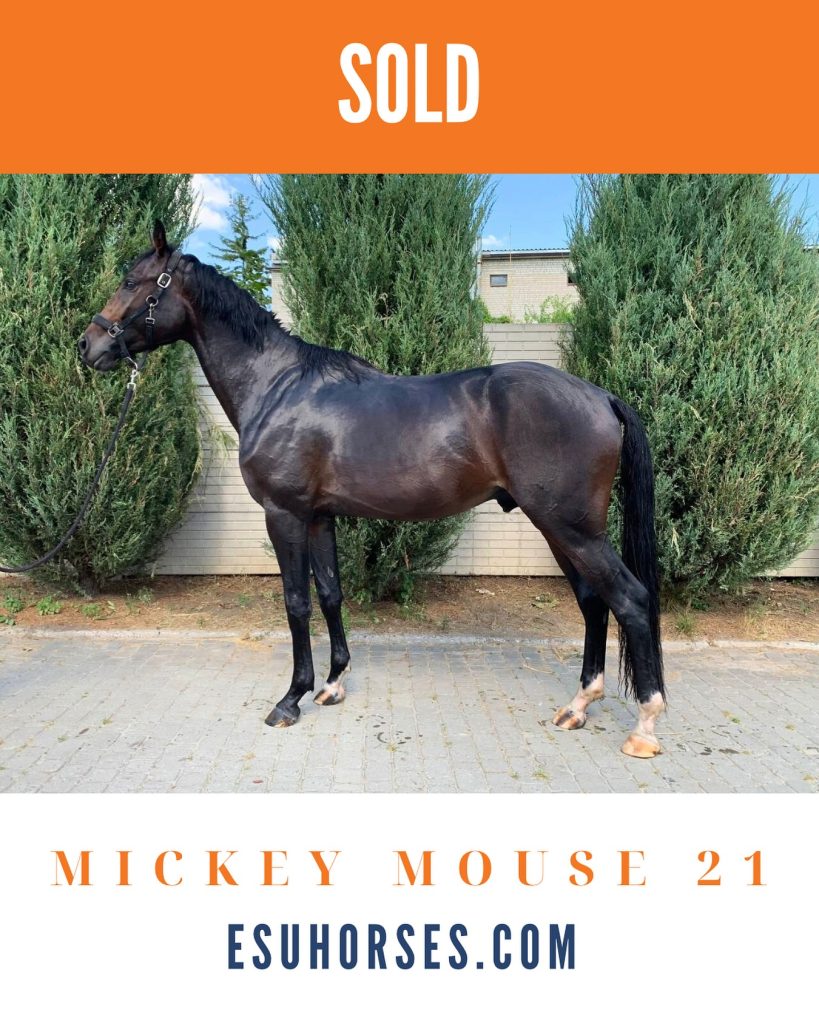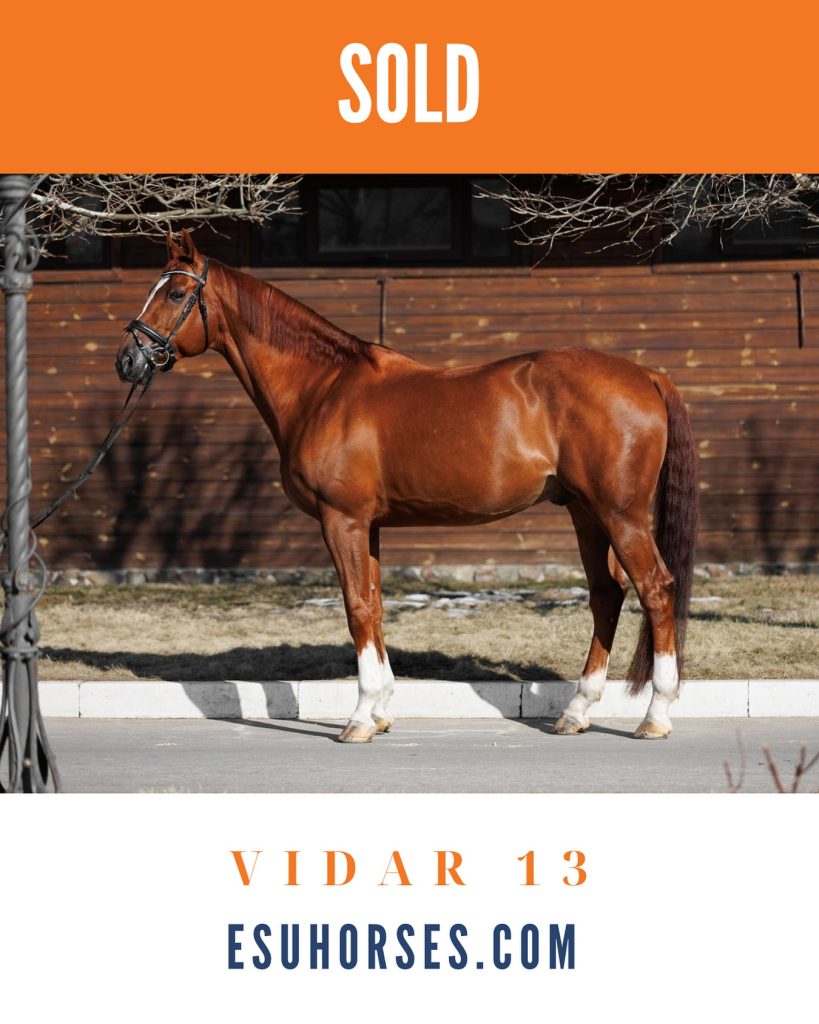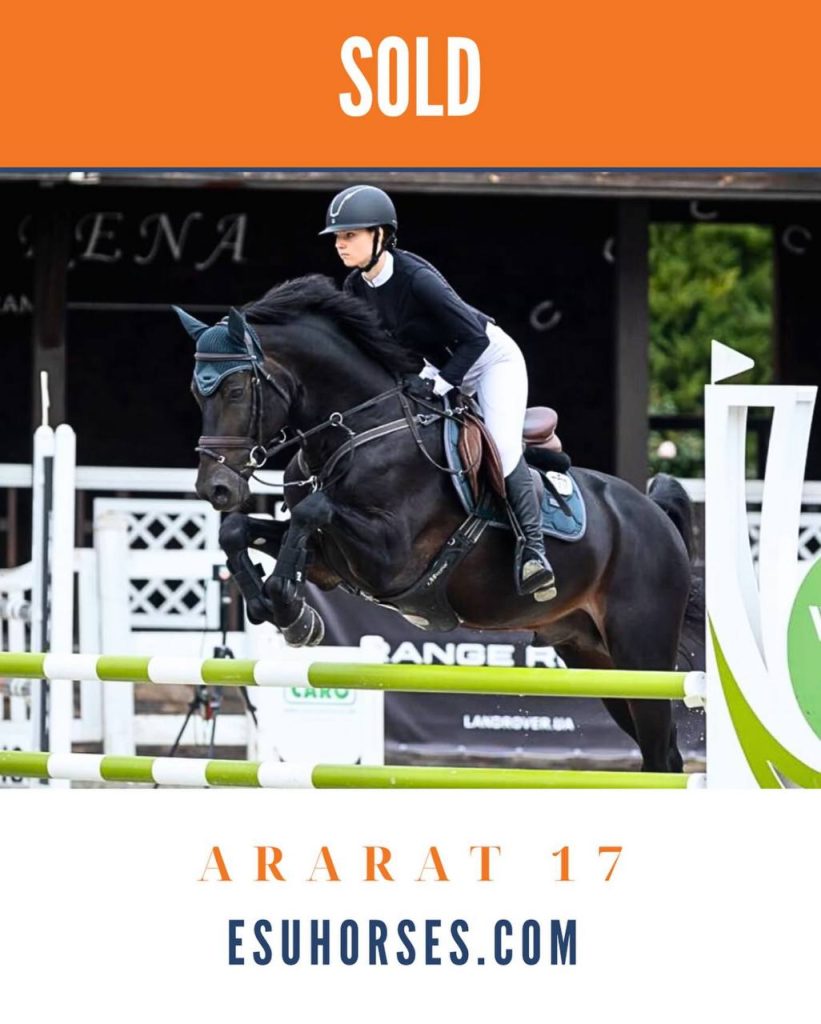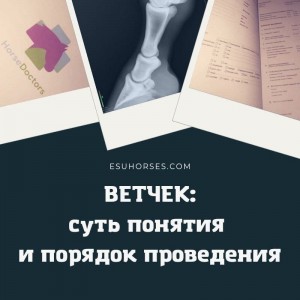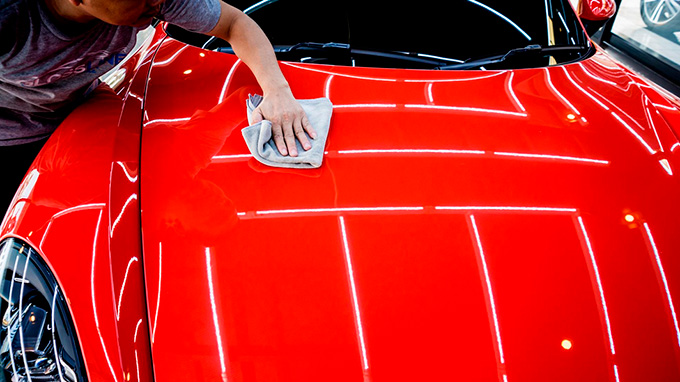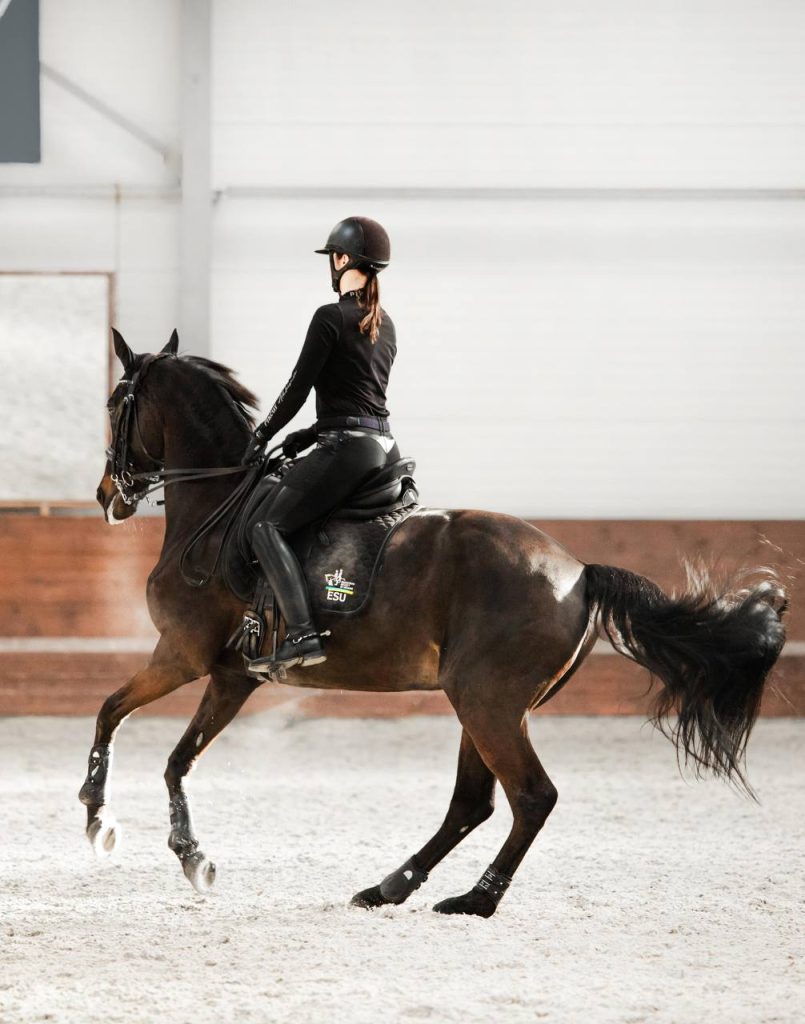 Let’s look at the most common scenarios of how cooperation between a horse owner and a lessee usually works — and what it looks like from both sides.
Let’s look at the most common scenarios of how cooperation between a horse owner and a lessee usually works — and what it looks like from both sides.
The Owner’s Perspective
At first, this person may have been just a regular rider or enthusiast who learned to ride and decided to try themselves in sport. Acting thoughtfully — often on their trainer’s advice — they realize that real progress requires having their own horse. Eventually, they buy one — young or experienced — their new four-legged friend.The joy is boundless: they buy the best for the horse, care for it lovingly, and it quickly becomes part of the family. New responsibilities follow — finding the right stable, choosing a saddle, planning the competition season. But challenges arise too: lack of good veterinarians, feed or bedding issues, rising stable costs, misunderstandings with trainers or grooms. When the horse suddenly gets sick, the owner has to become a “junior vet,” holding the IV in one hand and the phone in the other if no help is nearby. They learn to recognize good shoeing, the cost of treating tendons, what good footing means, and who can be trusted with training — doing everything possible to keep their horse well. Then comes the “day X.”
Financial difficulties, business trips, studies, or personal circumstances make the owner consider selling or leasing the horse. Leasing seems like a reasonable option: it eases the financial burden, maybe even brings some income while the horse continues to work. Tournament results can increase the horse’s value, and the lessee may become a potential buyer — an ideal scenario. But reality can be different. After active competition, the horse may return injured, and the lessee simply moves on to another horse. The owner ends up breaking even at best, or deep in debt from treatment costs. Sometimes the horse can no longer compete at all. A sick horse won’t sell — and financial stress comes together with emotional pain.
The Lessee’s Perspective
Most riders reach a point where they realize: to truly progress, they need a horse that trains exclusively with them — whether owned or leased. Many are afraid of the full responsibility that comes with ownership, so leasing seems like the better choice. You can stop anytime without worrying about selling or paying for costly treatment — that’s the owner’s problem. You can ride one horse today, another tomorrow, or even take a break and go on vacation. However, leasing has its downsides.First, a top-quality horse is rarely available for lease — and if it is, it either has issues or costs so much that after a year, you could’ve bought your own.
Second, the owner may interfere — disagreeing with your trainer, your stable choice, or training routine — after all, it’s their property.
Third, no matter how much time and effort you invest, the owner can take the horse back at any moment. You may spend money and energy, only for the horse to be sold or leased to someone else. So who wins this game? Hard to say. The owner takes the bigger risks — financially and emotionally. A horse worth €20,000 yesterday may be worth nothing tomorrow.
If You Decide to Lease Out Your Horse
There are three main approaches:Keep control and train the horse yourself. Then you have no one to blame but yourself if something goes wrong.
Lease only to people you fully trust — a trainer or close friends. But remember: if issues arise, even strong relationships can break.
The legally safe option: Sign a lease agreement stating that the lessee is financially responsible for the horse’s health and must return it in the same condition. If the lessee is responsible, there will be no problems. The contract should include compensation for veterinary treatment and payment for downtime while the horse cannot work. If the person refuses to sign — don’t lease the horse.
Remember: any transportation, intensive training, or simple mistake can lead even to a horse’s death. That’s why the contract must include an insurance amount equal to the horse’s full value. Without a contract, you’ll only face new problems. Ask yourself: is it worth it? Sometimes it’s better to sell the horse — painful as that may be — than to later regret your own carelessness.For consultations: +38093-00-33-998Telegram / WhatsApp

